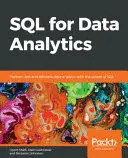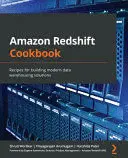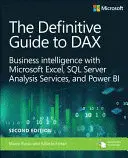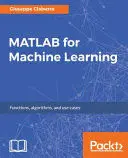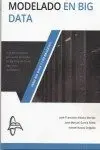u003cpu003eu003cbu003eTake your first steps to become a fully qualified data analyst by learning how to explore large relational datasets.u003c/bu003eu003c/pu003e Key Features u003culu003e u003cliu003eExplore a variety of statistical techniques to analyze your datau003c/liu003e u003cliu003eIntegrate your SQL pipelines with other analytics technologiesu003c/liu003e u003cliu003ePerform advanced analytics such as geospatial and text analysisu003c/liu003e u003c/ulu003e Book Description u003cpu003eUnderstanding and finding patterns in data has become one of the most important ways to improve business decisions. If you know the basics of SQL, but don't know how to use it to gain business insights from data, this book is for you.u003c/pu003e u003cpu003eSQL for Data Analytics covers everything you need progress from simply knowing basic SQL to telling stories and identifying trends in data. You'll be able to start exploring your data by identifying patterns and unlocking deeper insights. You'll also gain experience working with different types of data in SQL, including time-series, geospatial, and text data. Finally, you'll understand how to become productive with SQL with the help of profiling and automation to gain insights faster.u003c/pu003e u003cpu003eBy the end of the book, you'll able to use SQL in everyday business scenarios efficiently and look at data with the critical eye of analytics professional.u003c/pu003e What you will learn u003culu003e u003cliu003eUse SQL to summarize and identify patterns in datau003c/liu003e u003cliu003eApply special SQL clauses and functions to generate descriptive statisticsu003c/liu003e u003cliu003eUse SQL queries and subqueries to prepare data for analysisu003c/liu003e u003cliu003ePerform advanced statistical calculations using the window functionu003c/liu003e u003cliu003eAnalyze special data types in SQL, including geospatial data and time datau003c/liu003e u003cliu003eImport and export data using a text file and PostgreSQLu003c/liu003e u003cliu003eDebug queries that won't runu003c/liu003e u003cliu003eOptimize queries to improve their performance for faster resultsu003c/liu003e u003c/ulu003e Who this book is for u003cpu003eIf you're a database engineer looking to transition into analytics, or a backend engineer who wants to develop a deeper understanding of production data, you will find this book useful. This book is also ideal for data scientists or business analysts who want to improve their data analytics skills using SQL. Knowledge of basic SQL and database concepts will aid in understanding the concepts covered in this book.u003c/pu003e


